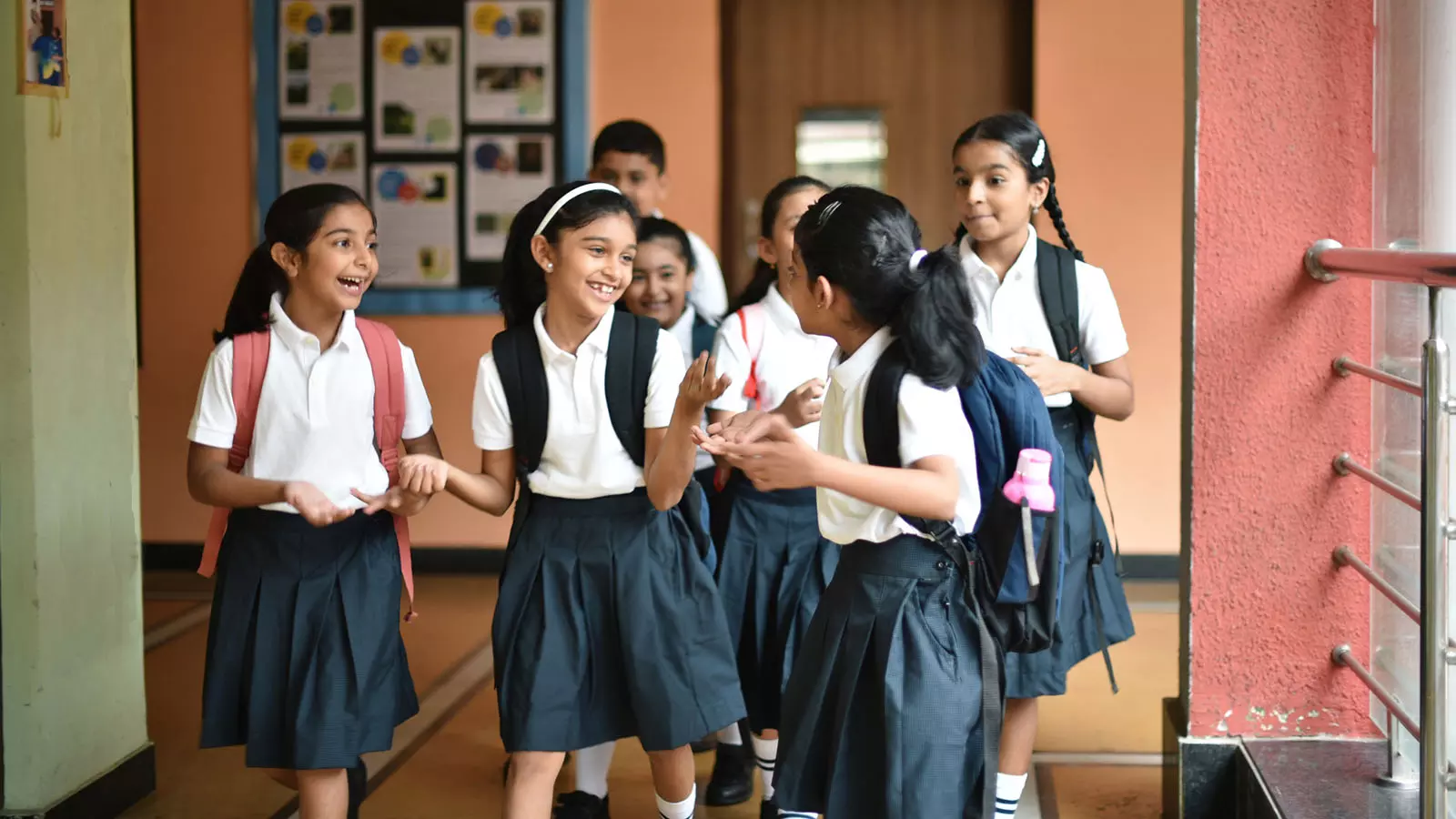
CBSE mandates CCTV with audiovisual recording in all schools to boost safety
The board amended its bylaws, requiring high-resolution cameras in common areas with 15-day storage, aligning with NCPCR guidelines for child safety

The Central Board of Secondary Education (CBSE) on Monday (July 21) directed all its affiliated schools to install high-resolution CCTV cameras equipped with audiovisual recording features.
Also read | Twice-a-year board exams for Class 10 from 2026: CBSE
The new directive is aimed at improving safety across school campuses, covering areas commonly accessed by students and staff. All CBSE-affiliated schools are now required to install CCTV systems with real-time audiovisual monitoring capabilities. The footage must be stored for at least 15 days and made available for review by authorities when needed.
Amended bylaws
The board has amended its bylaws to mandate the installation of high-resolution CCTV cameras with audiovisual recording capabilities in all affiliated schools.
The cameras must be placed at entry and exit points, lobbies, corridors, staircases, classrooms, laboratories, libraries, canteen, storerooms, playgrounds, and other common areas, excluding toilets and washrooms. The surveillance system must support real-time audiovisual monitoring and be equipped with storage devices capable of retaining at least 15 days of recorded footage, in line with school safety requirements.
The board has directed schools to maintain regular upkeep of the surveillance system and preserve backup copies of the recordings. The objective is to ensure thorough surveillance coverage throughout the campus, thereby strengthening the overall security framework.
NCPCR guidelines
The updated safety measures align with the Manual on Safety and Security of Children in Schools issued by the National Commission for Protection of Child Rights (NCPCR). As per the manual, schools are required to provide a secure environment that protects children from abuse, violence, natural or man-made disasters, fire risks, transportation-related issues, and emotional harm.
Also read | 2025-2026: CBSE announces new syllabus, grading system for Classes 10 and 12
CBSE has reaffirmed that student safety is the foremost responsibility of every school. It underscored the importance of fostering a secure and inclusive environment, supported by vigilant staff and the effective use of technology. Teachers, staff, students, visitors, and contractors are all expected to play an active role in achieving this objective.

